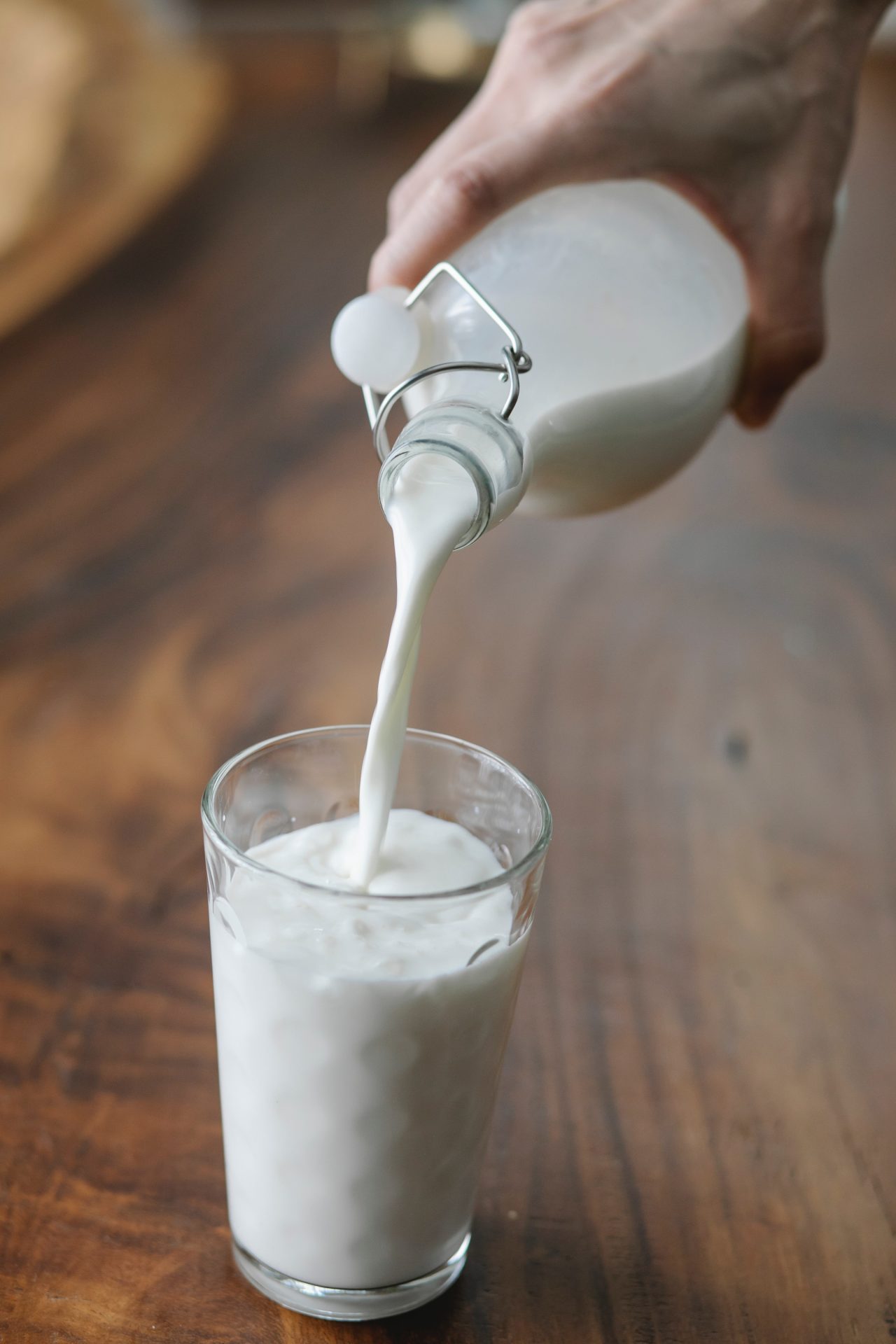You can’t get away from protein shakes and high-protein snacks. But does everyone need to be concerned with how much of the macronutrient they’re eating?
High-protein diets aren’t so much a trend as they are a way of life. Since interest in fitness peaked, the nation’s obsession with protein has grown, meaning that you can’t move for ‘high protein’ labels being slapped on foods and extra protein added to our go-to snacks, including chocolate bars, crisps and bread.
But is it necessary for everyone to have a high-protein diet in order to eat well and feel good?
What is a high protein diet?
The Reference Nutrient Intake (RNI) for adults states that people need around 0.75g of protein per kilogram of bodyweight a day. In a 70kg person that’s around 52g of protein. “Another standard recommendation is that around 10-15% of our energy intake should come from protein,” dietician Tai Ibitoye adds. Again, that’s around 200-300 calories worth of protein or 50-75g.
You may also like
Do you need to take protein supplements if you want to get stronger?
If that’s the ‘standard’ intake, how much is classed as ‘high’? “Though there isn’t a clear definition of a high-protein diet, some guidelines define it as having at least 25-35% of your total calorie intake come from protein,” Ibitoye explains. That means someone on a 2,000 calorie diet would be eating around 500-700 calories from protein (around 125-175g of the macronutrient). That’s a considerable difference.
The benefits of a high-protein diet
Why exactly would anyone need to eat over double the recommended amount of protein? Well, that 0.75g recommendation is a general calculation for the ‘standard’ person. But as with all nutrition advice, “specific requirements depend on an individual’s body weight, physical activity levels, clinical state and age,” Ibitoye explains. For example, those who do a lot of resistance based training, are over 65 years old or at risk of muscle and bone atrophy are often required to eat more protein.
Research, including a 2011 paper from the Journal of Sport Science, shows that athletes should eat protein in the range of 1.3–1.8g of protein per kilogram of body weight per day. Even if you’re not an athlete, it’s pretty standard advice that those who strength train regularly should increase their protein intake slightly to accommodate for the increase in muscle protein breakdown that happens during anaerobic exercise.“There are some people who can safely increase their protein intake to up to 2g per kilogram of body weight per day, such as older adults, strength athletes or those involved in high volume, high-intensity training and endurance athletes,” agrees Ibitoye.
However, researchers have found that the specific levels of protein you need are “dependent on training status: experienced athletes would require less, while more protein should be consumed during periods of high frequency and intensity training” so their bodies can adapt to training.
You may also like
Nutrition tips: how our nutritional needs change as we age
“Higher protein diets can also be helpful to minimise age-related muscle loss and to also help manage or prevent malnutrition and unintentional weight loss in some people,” explains Ibitoye. “Eating enough protein is also good for satiation. It’s been suggested that protein can slow down gastric emptying (essentially the movement of food from stomach to the small intestine) and decrease ghrelin, the hunger hormone, levels.”
Many studies have shown that there’s no negative impact when protein levels are slightly increased in healthy people who regularly exercise, but it’s important to be mindful of how much you prioritise protein over other nutrients and foods. “High-protein diets are sometimes restrictive in carbohydrates, which may lead to nutritional deficiencies or an inadequate intake of fibre which is essential for good gut health,” explains Ibitoye. “Some varieties of high protein diets may also include a lot of red and processed red meat or foods high saturated foods which may increase the risk of heart disease.
She also points out that there are some people high-protein diets are not suitable for: “In people with kidney disease, high-protein diets aren’t recommended because their body may not be able to eliminate all the waste products of protein metabolism.”

Does everyone need to eat a high protein diet?
“Most people don’t need to worry about changing their protein intake as we’re getting enough in our diets,” says Ibitoye. She points out stats from the British Nutrition Foundation that show the average daily intake of protein for women in the UK is 64g – already exceeding the Dietary Reference Values for protein (45g/day).
For most active people, that’s probably enough to help keep them strong while also getting a variety of other food groups in. And remember: protein isn’t magic, and it won’t be put to use making and maintaining muscle if your body isn’t breaking it down through exercise or due to your age. Any excess protein that’s in your diet doesn’t continue to make you grow bigger and stronger – the body simply uses what it needs and stores the rest in the same way it stores excess carbs and fats.
As long as you’re prioritising sources of good quality protein at your mealtimes (be it free-range meats and eggs or plant-based sources of protein that are well-paired to offer all of the amino acids), then you’re probably on the right track. If you’re worried about your protein intake, it’s best to talk to a dietician or nutritionist before radically changing your diet.
Images: Pexels
Source: Read Full Article
